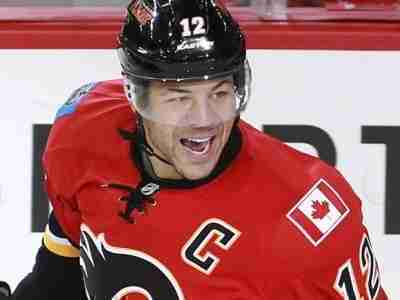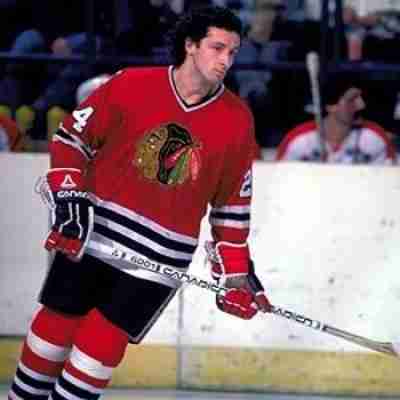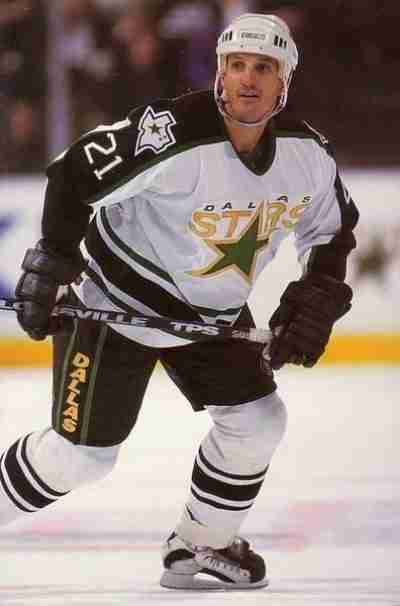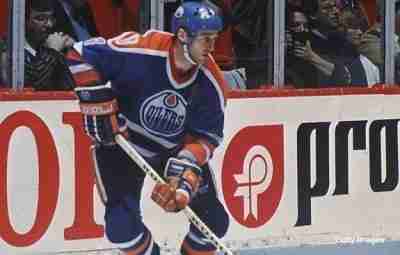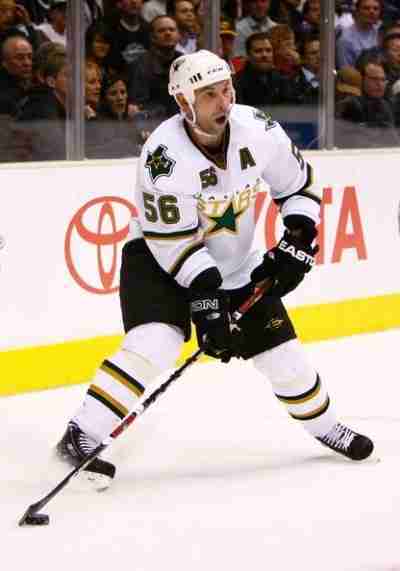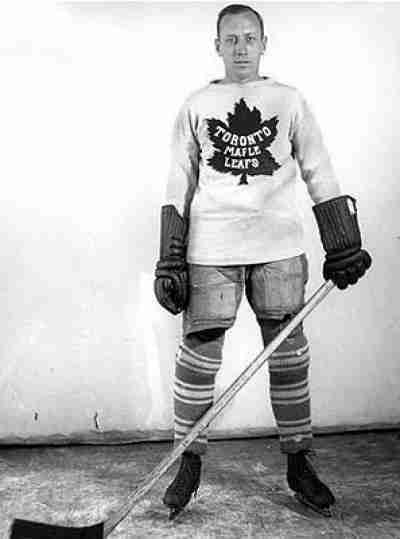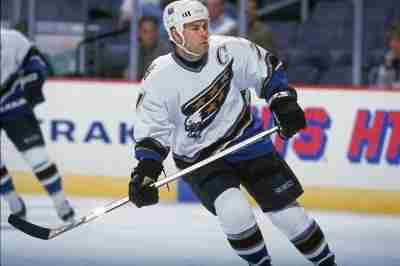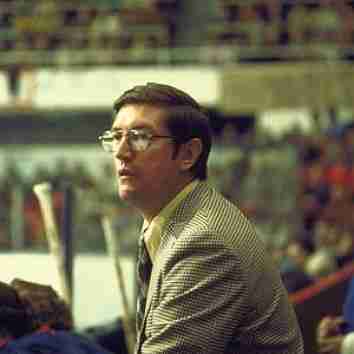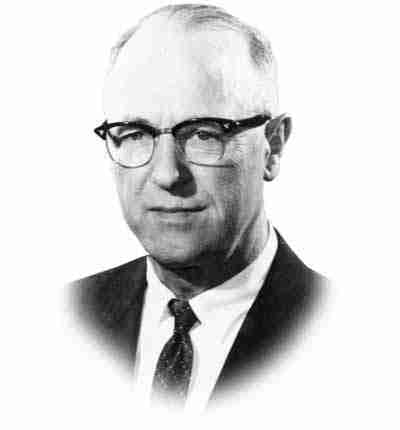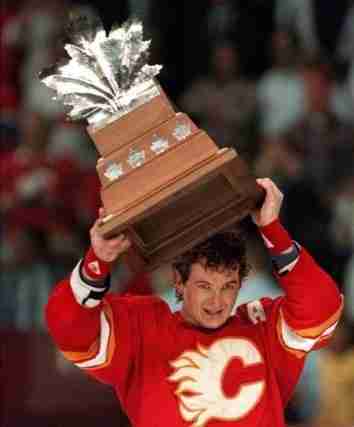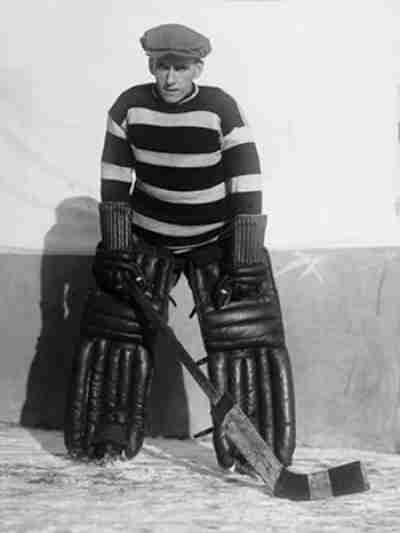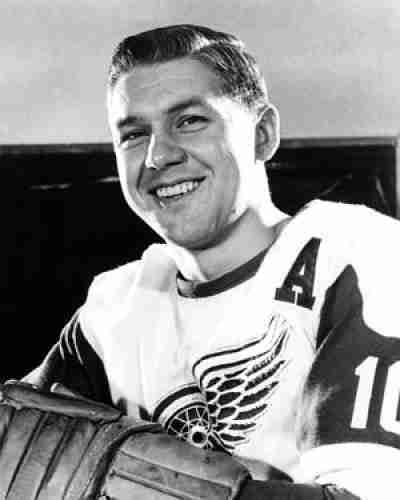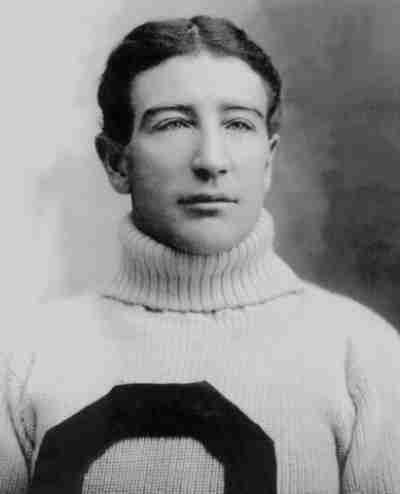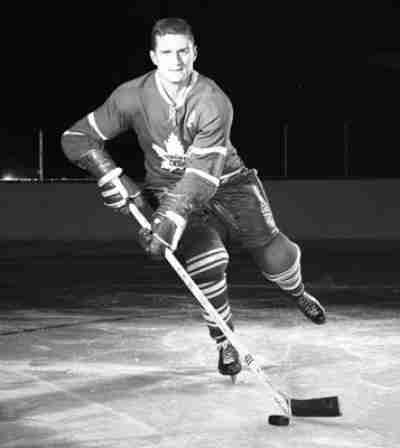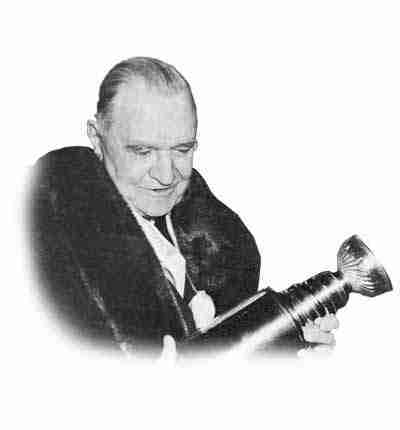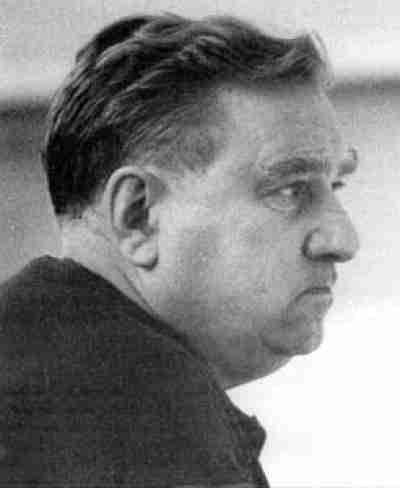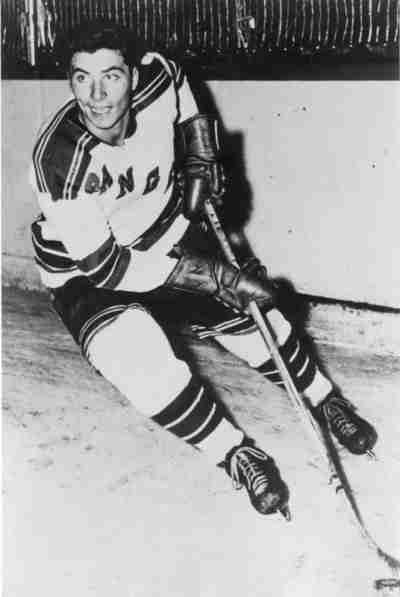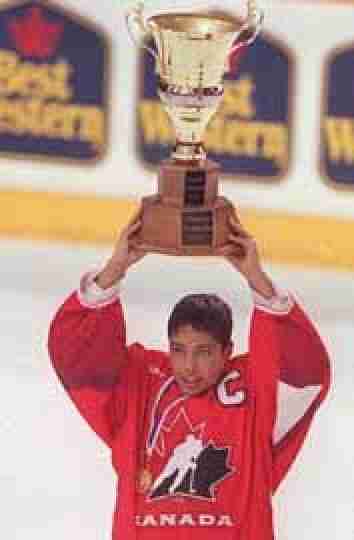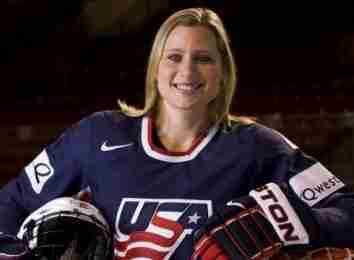As one of the top offensive defenseman of his era, Doug Wilson was a stalwart on the Chicago Black Hawks blue line for well over a decade. Wilson was capable of creating and capitalizing on many scoring chances while still being a more than capable defender. He won the Norris Trophy in 1982 and was on seven All Star squads. Wilson could not only play the game, but he had a mind for the business of it as well. He served as President of the NHLPA and long after his playing career ended he became the GM of the San Jose Sharks. He has not been inducted to the Hall yet, but his chances are still decent.
29. Guy Carbonneau
Guy Carbonneau seems to have a career of “threes”. On three occasions, he won the Stanley Cup and three times he won the Frank J. Selke Award as the NHL’s best defensive forward. Unlike other centers on this list, Carbonneau was not known for putting the puck in the net. Sure, he netted 260 goals over his career and was more than capable offensively, but it was his defensive prowess that made him an essential player. Whomever his team was playing against, you could count on Carbonneau being on the ice against that team’s best player. Guy Carbonneau was not a star for hat tricks he scored; he was a star for the hat tricks he prevented.
Though it appears that all of the key members of the 1980’s Oilers dynasty are in the Hall, there is a very strong case that one still remains. Kevin Lowe was a steady two way defenseman who was with the Oilers for the duration of Edmonton’s stellar run. He was overshadowed by his offensive juggernauts, but as he watched them slowly depart Alberta, he remained steadying the blue line and becoming more important with each Cup run. Lowe provided the same leadership (and was under similar shadows) when he was part of the Rangers Cup win in 1994. A seven time All Star and six time Stanley Cup winner, Kevin Lowe was not just along for the ride; he helped steer the bus. If any one left of those great Edmonton teams gets in, our bet is on Kevin Lowe.


